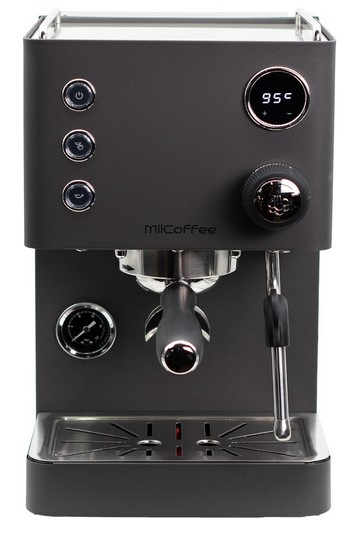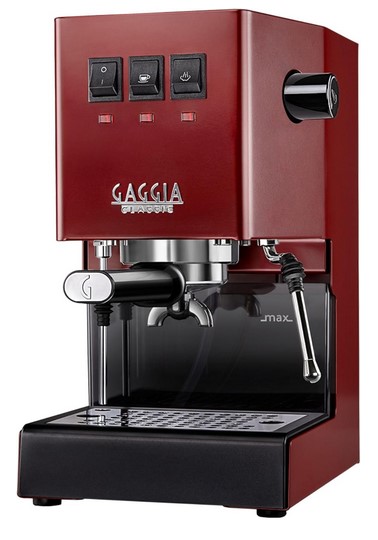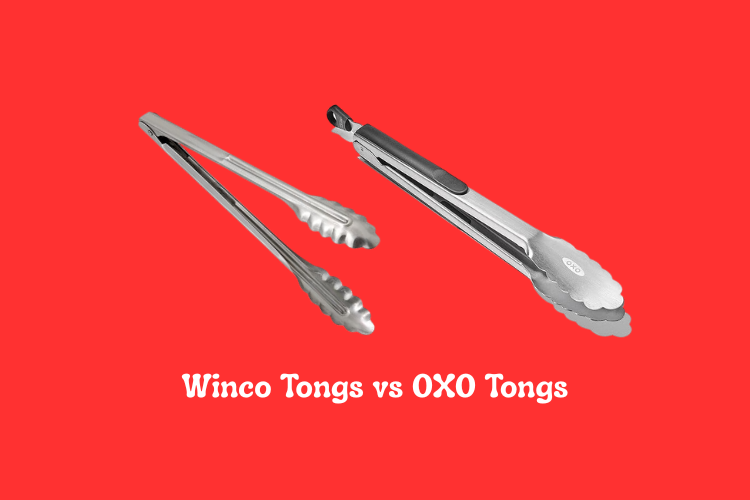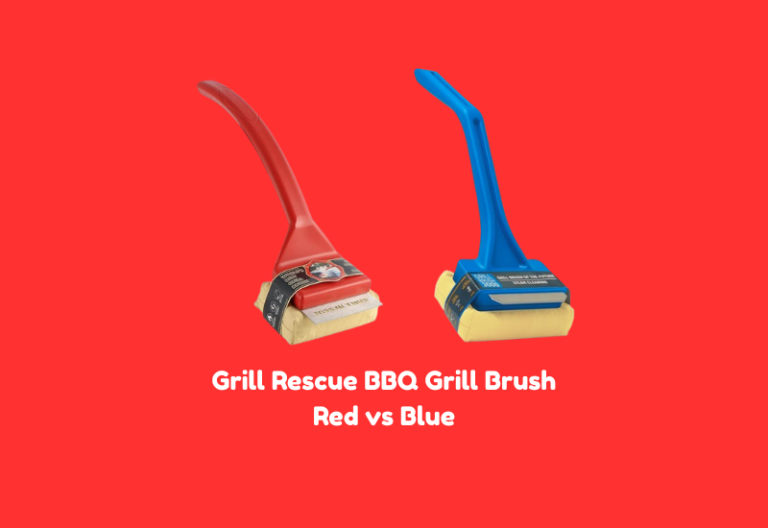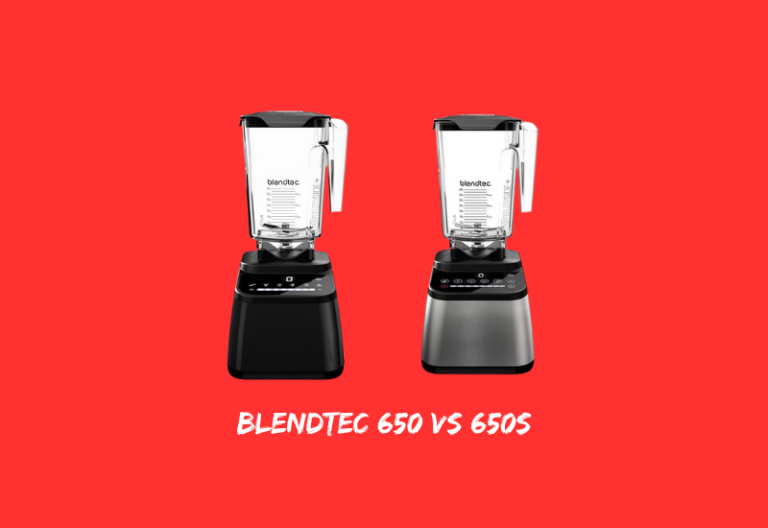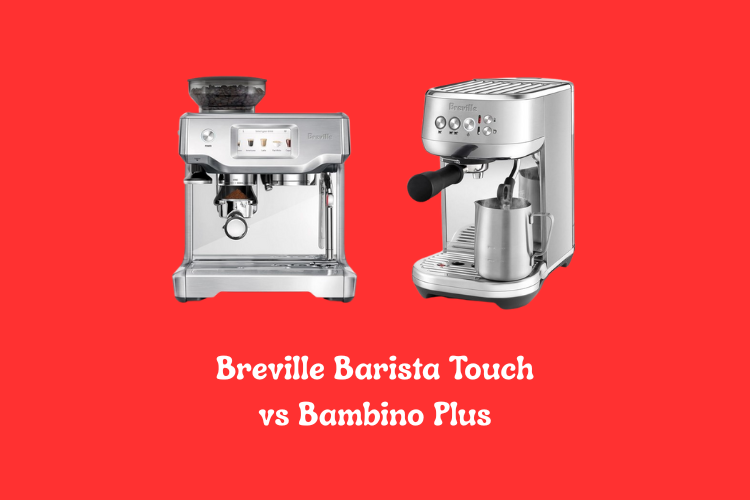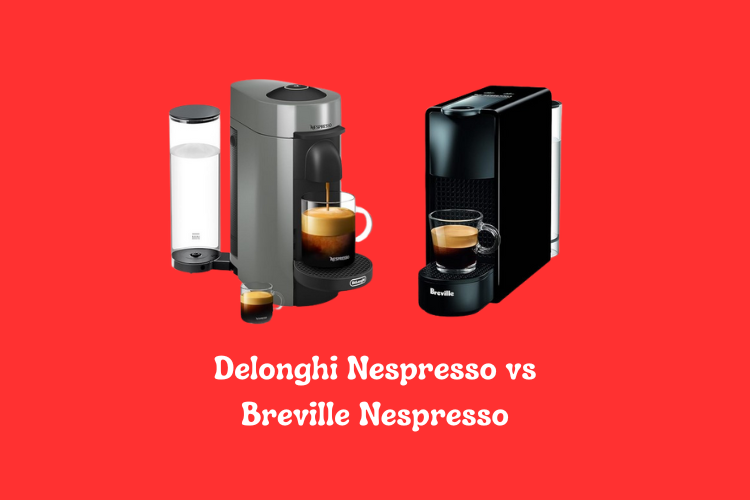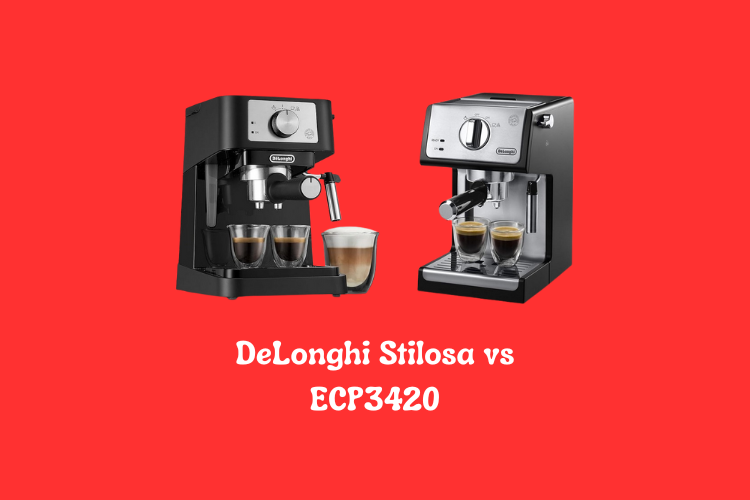Miicoffee Apex vs Gaggia Classic Pro [A Battle of Modern vs Classic]
Coffee lovers often search for a machine that balances performance, reliability, and style. The Miicoffee Apex and the Gaggia Classic Pro stand out as two strong contenders in the semi-automatic espresso machine category.
The Apex represents a new generation of espresso machines with a sleek design, advanced temperature stability, and a focus on precision brewing. On the other side, the Classic Pro carries decades of reputation with a solid build, consistent pressure, and a proven track record in the home barista community.
Both machines aim to deliver authentic café-quality espresso, but they appeal to different types of users. The Apex offers modern features that attract those who value innovation and control, while the Classic Pro wins the trust of traditionalists who prefer a straightforward approach.
Understanding the strengths of each machine helps buyers decide which one fits their coffee-making style, daily routine, and long-term expectations.
Miicoffee Apex vs Gaggia Classic Pro
Two espresso machines. Two different styles. The Miicoffee Apex comes loaded with modern controls and features, while the Gaggia Classic Pro sticks to tradition with its simple, Italian build. Both promise strong espresso, but they appeal to different users. Let’s break them down.
MiiCoffee Apex Espresso Machine
Product Details
-
Brand: MiiCoffee
-
Color: Grey
-
Dimensions: 11.02″D x 9.06″W x 14.96″H
-
Special Features: 9 Bar Extractions, Barometer, OPV installed, PID Temperature Control, Pre-infusion
-
Type: Espresso Machine
-
Capacity: 1.7 Liters
-
Material: Stainless Steel
-
Weight: 19 Pounds
-
Wattage: 1450 watts
Features
-
Stainless steel boiler with 550ml capacity.
-
Dedicated thermoblock for dry steam.
-
Dual PID temperature control for brew and steam.
-
Adjustable boiler temperature between 85–102℃.
-
Configurable pre-infusion with time and water volume.
-
Pressure gauge for real-time brewing pressure.
-
Italian vibratory water pump rated at 15 bar.
-
58mm stainless steel commercial portafilter.
-
One-hole steam wand tip for better milk frothing.
-
1.7L removable water tank and drip tray.
-
Top cup warming plate.
-
1-year warranty.
What is the Good?
The Apex gives full control to the user. With dual PID, adjustable pressure, and pre-infusion settings, it feels advanced. The dedicated thermoblock makes steam dry and powerful, which helps with microfoam. The pressure gauge adds visual feedback, making it easier to monitor. Build quality is solid with stainless steel parts.
What is the Bad?
The learning curve is steeper because of the many settings. It may take time to adjust temperatures and pre-infusion properly. The water tank is smaller compared to some competitors. At 19 pounds, it is not very light.
Overall Opinion
The Miicoffee Apex is for users who enjoy control and fine-tuning. It has modern technology and tools for precise espresso making. It rewards patience and effort with high-quality results.
Gaggia Classic Pro Espresso Machine
Product Details
-
Brand: Gaggia
-
Color: Cherry Red
-
Dimensions: 8″D x 9.5″W x 14.2″H
-
Special Features: 9 Bar Extractions, Commercial Components, Made in Italy, Self Serviceable, Steel Housing
-
Type: Espresso Machine
-
Capacity: 2.1 Liters
-
Material: Brass, Plastic, Stainless Steel
-
Weight: 20 Pounds
-
Wattage: 1200 watts
Features
-
Solid steel housing made in Italy.
-
9 bar espresso extractions.
-
58mm stainless steel commercial portafilter.
-
Commercial three-way solenoid valve.
-
Professional steam wand for milk frothing.
What is the Good?
The build is strong and long-lasting. The machine feels like a small café setup. The portafilter matches commercial size, giving consistent results. The steam wand is manual but powerful once mastered. The large 2.1L tank means fewer refills.
What is the Bad?
Heat-up time is longer compared to newer models. It lacks modern features like PID temperature control or a pressure gauge. Beginners may find it harder to use. It needs regular maintenance and cleaning.
Overall Opinion
The Gaggia Classic Pro stays true to traditional espresso making. It is reliable, durable, and produces strong coffee. It appeals to those who prefer a hands-on, classic experience.
Detailed Comparison for Miicoffee Apex vs Gaggia Classic Pro
The Miicoffee Apex and Gaggia Classic Pro target different kinds of home baristas. The Apex focuses on technology. Dual PID, pre-infusion control, and a pressure gauge give users the ability to fine-tune every shot.
Its thermoblock steam system makes milk texturing quick and effective. It is built for people who enjoy tweaking and customizing.
The Classic Pro keeps things simple. It does not offer digital controls, but it delivers consistent espresso with a strong Italian design.
Its steel housing, commercial valve, and steam wand make it tough and reliable. It suits users who enjoy tradition and do not need advanced features.
Both use 58mm portafilters and produce espresso around 9 bars, so the quality of coffee can be excellent in both. The choice comes down to preference: modern precision with the Apex, or timeless tradition with the Classic Pro.
FAQs
Which machine is easier for beginners?
The Gaggia Classic Pro is simpler to use, though it takes practice. The Apex offers more features but may feel complex at first.
Does the Miicoffee Apex have better steaming?
Yes. The dedicated thermoblock and one-hole tip make steaming fast and effective.
Which one lasts longer?
Both are durable, but the Classic Pro has a long history of lasting many years with proper care.
Do both use the same portafilter size?
Yes. Both use a 58mm commercial portafilter.
Which one is better for daily use?
The Apex is faster and more adjustable. The Classic Pro is more straightforward and sturdy.
Conclusion
The Miicoffee Apex vs Gaggia Classic Pro match shows two strong espresso machines with different goals. The Apex focuses on technology, control, and customization.
The Classic Pro keeps espresso making simple, strong, and traditional. Both can make great coffee, but the right choice depends on whether you prefer modern precision or old-school reliability.

